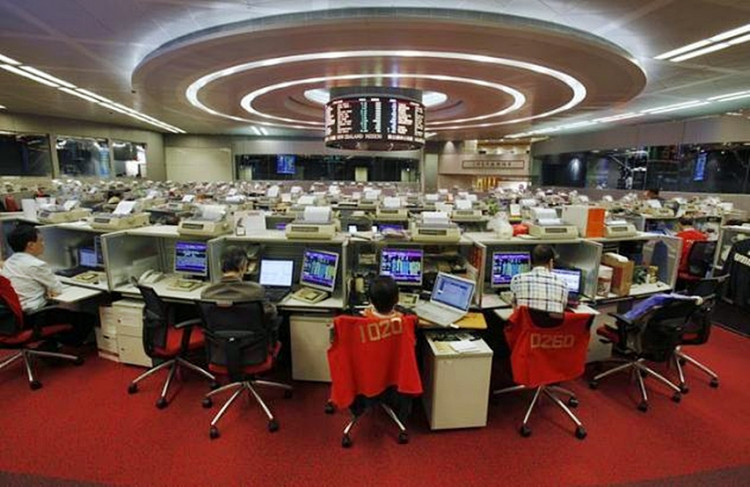China's deleveraging economy will begin to reel from the full impact of the ongoing trade war with the United States before the year ends and is set for more pain in 2019 as the world at large begins to hurt from the unwarranted trade war launched by U.S. president Donald Trump.
On its own, the trade war won't be painful enough to cause more than a manageable discomfort to China, the world's second largest economy after America, said analysts. But Trump's trade war, unfortunately, came at a time when China was engaged in a massive deleveraging campaign to curtail the omnipresent shadow banking industry now plagued by hundreds of billions of dollars in unpaid debt.
Left unchecked, this massive amount of non-performing loans represents a clear danger to China's continuing growth. But because of Trump's trade war, Beijing has had to ease up on its deleveraging drive to allow exporters -- mainly of whom are small to medium firms dependent on shadow banking for funds -- to keep selling to the U.S.
But despite these moves, the worst is yet to come for China's exporters. The U.S. will impose taxes on $200 million worth of Chinese exports (perhaps as early as this month) and is threatening to tax $267 billion more.
Because of these factors, export growth might decelerate to 5 to 10 percent over the next few months, according to Larry Hu, at Macquarie Securities Ltd. China's economy will slow down further in 2019, perhaps close to double digits, as trade tensions rise while the global economy is hit by a broad economic slowdown.
Hu said China-U.S. trade tensions are escalating given the talk from Trump on Sept. 7 when he said he was ready to levy taxes on $267 billion worth of Chinese goods.
Hu's estimate is backed by analysts from Bloomberg Economics, who project that China's export growth will slow to mid-single digits by the second-half of this year. Bloomberg noted that China's financial regulators, notably the People's Bank of China (PBOC) have turned to a more accommodative policy stance, meaning easing-off on deleveraging. Bloomberg expects PBOC to further ramp-up fiscal and monetary policy support.
The inevitable export slowdown suggests it may take longer for China's economic growth to recover because value-added exports account for over 10 percent of China's GDP, said Lu Ting, an economist at Nomura International Ltd. in Hong Kong.
The trade war, when it worsens, will negatively affect China's stock markets by weakening market sentiment. This demoralization will cause more harm to China's economy than the trade war and its tariffs, said Nomura, because investors will become so nervous they take their money elsewhere.
In a bid to assist its harassed exporters, China over the weekend announced measures to support this key sector. The Ministry of Finance will raise export rebate rates for 397 goods, which means that companies exporting these products will pay a lower value-added tax. The new rates take effect on Sept. 15.





